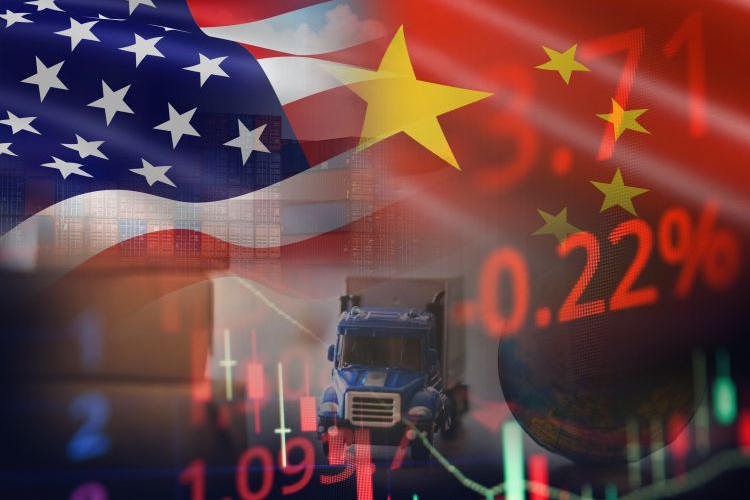You might have heard this before: It’s a crucial moment for US-China relations! OK, maybe not—crucial moments are rare in such a broad relationship. But it’s a moment that may shape relations for a decade or more. As usual, parts of the US business community will do almost anything for a few years of profits. Only now it’s not steel, household goods, cars, or even telecom, it’s semiconductors. And it’s not a friend we’re giving way to, it’s China.
On one hand, as part of National Defense Authorization, there is Senator Banks and endorsers of his bill rightly trying to slow the transfer of US semiconductor capability to the People’s Republic (PRC). The bill is unlikely to survive a Republican controlled Congress because it’s apparently opposed by a Republican White House. Is the bill’s rejection due to implementation issues, which should be resolvable? No.
The rejection is primarily on the grounds of yet another American industry making yet another set of poorly informed or just outright dishonest claims about competing with the PRC, to justify policies which will inevitably, and seriously, harm America. There’s a technology claim and a broader commercial claim.
The technology claim is pushed most aggressively by Nvidia CEO Jensen Huang. It’s about the current state of the PRC’s technology—Huang and others repeatedly say they’re right behind us in AI. It’s sometimes hard to understand the point but it seems to be that, since China is so close, there’s no harm selling them better chips. But if that’s true, why would there be any gain?
If the PRC is close to the US in capability, why would it buy American chips? Especially not a version of Nvidia’s B30 that is less capable than the original. Anyone with the slightest familiarity with General Secretary Xi Jinping’s China, or who can read a trade table or two, knows how averse it is to foreign dependence. It is especially averse in areas deemed strategic, including semiconductors and AI.
Either China will only buy Nvidia chips for a few more years, or Huang badly understates how much the US would help China by selling the chips. Such help has a military component I’m unqualified to address but is plainly risky. The economic component is simple: China will use American and other foreign technology to increase its own capabilities until it no longer needs foreign chips, then will compete globally.
In 2019, Chinese imports of integrated circuits rose 30 percent. In 2025 to date imports are eight percent higher while exports jump 33 percent. We know where this movie’s going—imports will soon decline outright, exports will continue to rise, the PRC will become a net exporter, then a very large net exporter. We know where this movie’s going because we’ve seen it many times, and the director-for-life told us where it’s going.
The PRC will certainly not become hooked on American goods and not make its own, as some critics of export controls assert. That’s the exact opposite of all 21st-century Chinese industrial behavior. It’s the exact opposite of Xi’s call to make China less dependent on the world and the world more dependent on China. In 1999, business sold politicians on Beijing wanting to join an American system. In 2025, this is laughable.
The commercial claim is we shouldn’t restrict American technology, in particular AI, because there’s an American “stack” comprised of complementary goods and services that we can push the world to buy. The gigantic problem is loosening export controls is utterly inadequate for this, and might be counterproductive.
China’s production model is to acquire foreign technology, make the goods (much) more cheaply, then seek to dominate the global market. From antimony to zinc, the PRC has won world leadership in products without true comparative advantage. It’s been less than a year since Deep Seek provided an example in AI, yet some Trump staffers want to pretend it won’t happen yet again.
What looser American export controls will mainly accomplish is speeding up a Chinese takeover of the global AI market. If the idea of an AI stack is meaningful, which is not clear, the majority of countries will buy cheap. That majority will be very large if the cheap version is close in capability to our version. If the White House, Nvidia, and others get their way, Chinese systems will be closer, faster to American systems.
Even the Pentagon was drawn to cheap Chinese supply once quality became acceptable, yet we expect the world to choose differently? Senator Banks and other Members of Congress are thinking about long-term national interests. US business isn’t. And, on China, neither is the White House.
